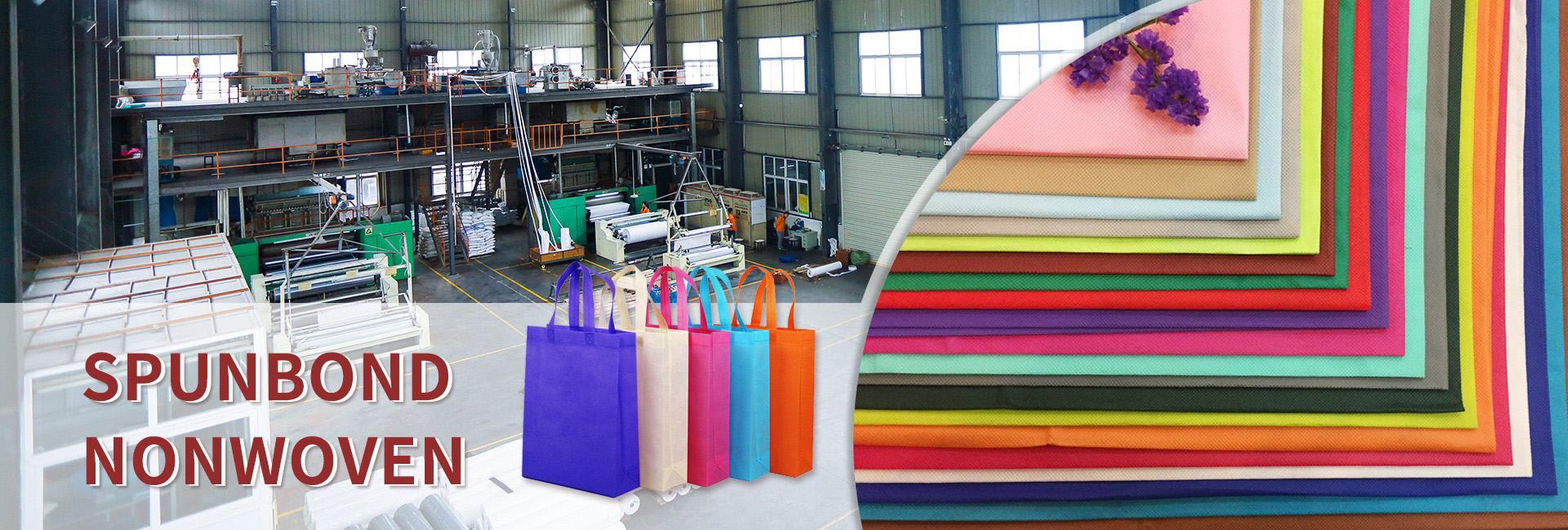In 2023, Japan’s domestic non-woven fabric production was 269268 tons (a decrease of 7.9% compared to the previous year), exports were 69164 tons (a decrease of 2.9%), imports were 246379 tons (a decrease of 3.2%), and domestic market demand was 446483 tons (a decrease of 6.1%), all of which were lower than in 2022.
Since 2019, Japan’s demand for non-woven fabrics has been continuously declining for five years. In 2023, the proportion of imported non-woven fabrics in domestic demand was 55.2%. From 2020 to 2022, the proportion of imported non-woven fabrics remained at 53%, but increased in 2023. The biggest factor affecting the decline in demand for non-woven fabrics is the decrease in diaper production, which decreased by 9.7% in 2023. In addition, with the control of the COVID-19, the demand for nonwoven products such as masks and wet wipes has dropped sharply. In 2023, the production of nonwoven fabrics for medical care and hygiene, including these products, will drop by 17.6%. However, the production of non-woven fabrics for automobiles increased by 8.8%, while Japan’s automobile production increased by 14.8%. Besides, all other application areas are developing slowly.
Japanese non-woven fabric manufacturers are currently facing many difficulties. Not only is domestic demand shrinking, but the soaring costs of raw materials and energy are also putting pressure on the company’s profits. Non woven fabric companies are raising prices, but this is not effective enough and often leads to increased sales but decreased profits. The Japanese nonwoven market shrank sharply after the COVID-19, and although it is recovering, it has not yet recovered to the state before the COVID-19.
Some application areas, such as diapers, have experienced significant fluctuations in demand structure and are expected to not recover in the short term. The export of disposable diapers to China has supported the expansion of Japanese production, but domestic production in China has also increased, which has had a certain impact on Japan’s exports.
According to reports, due to the decline in demand for baby diapers in Japan, Oji Holdings has withdrawn from the local market and shifted its focus to adult diapers. The company reported that the production of baby diapers has decreased from a peak of about 700 million pieces in 2001 to about 400 million pieces in recent years. Prince Company plans to increase the production of adult diapers in the domestic market and expand its baby diaper business globally, continuing to produce baby diapers in Indonesia and Malaysia.
Due to the declining birth rate, Japan’s demand for disposable diapers is also decreasing. The Japanese government stated that in 2022, children under the age of 15 accounted for less than 12% of the national population, while those aged 65 and above accounted for 30%. The prospects for the recovery of diaper production are not optimistic, and non-woven fabric manufacturers must consider their business strategies on this basis.
Source: China Industrial Textile Industry Association
Dongguan Liansheng Nonwoven Fabric Co., Ltd., a manufacturer of non-woven fabrics and non-woven fabrics, is worthy of your trust!
Post time: Jun-09-2024

